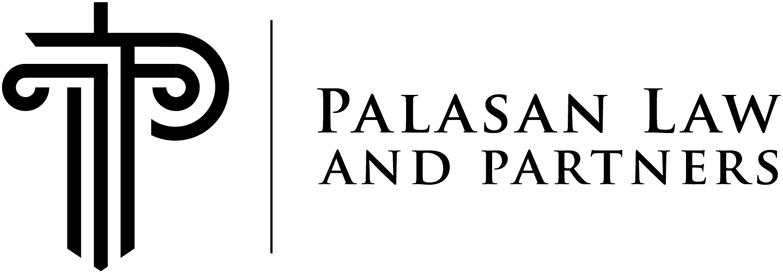The Supreme Court has affirmed the conviction of an accused for robbery for demanding money from his ex-girlfriend in exchange for deleting her nude photos posted on Facebook.
This was the ruling of the Supreme Court’s Second Division, in a Decision penned by Associate Justice Amy C. Lazaro-Javier, convicting Axel Tria (Tria) of robbery with violence against or intimidation of persons. He was sentenced to imprisonment for six to 14 years.
Tria was in a romantic relationship with AAA. When Tria became jealous, AAA gave him the password to her Facebook account to appease him. However, Tria threatened to upload their sex video and photos online.
AAA tried to break up with Tria, but he took out his gun and showed her their sex video and some of her pictures. Tria initially agreed to delete the files, but later demanded from Tria PHP 55,000.00. When AAA refused to pay, Tria hacked her business Facebook page and changed her username and password to prevent her from accessing the account.
A few days later, AAA’s sister saw half-naked photos of the latter on her Facebook page. The photo was a screenshot of the sex video Tria showed AAA. Another photo of a naked woman with AAA’s face superimposed was also uploaded.
Tria demanded PHP 55,000 in exchange for deleting the photos, but AAA said she could only give him PHP 20,000. Tria’s continued demands led AAA to report the matter to the Criminal Investigation and Detection Group (CIDG) Anti-Cybercrime Group.
In an entrapment operation, the CIDG arrested Tria after he accepted money from AAA. Tria was then charged with robbery and online libel under two separate Informations.
The Regional Trial Court found Tria guilty of robbery, but acquitted him of online libel for lack of evidence. This was affirmed by the Court of Appeals.
The Supreme Court ruled that Tria’s conviction for robbery should be sustained.
The elements of robbery under Article 249(5) of the Revised Penal Code (RPC) are: (a) there is personal property belonging to another; (b) there is unlawful taking of that property; (c) the taking is with intent to gain; and (d) there is violence or intimidation.
In this case, AAA was clearly forced to part with her money in exchange for the deletion of her nude photos posted on her Facebook page.
The taking was deemed complete the moment Tria gained possession of her money. Meanwhile, Tria’s intent to gain is presumed.
“Her compromising photos damaged and continued to damage her family life, reputation, and online business; thus, she felt she had no choice but to accede to Tria’s demands,” said the Court.
As the crime was committed with the use of communication technologies, the imposable penalty under the RPC is raised by one degree higher in accordance with Section 6 of Republic Act No. 10175, or the Cybercrime Prevention Act. (Courtesy of the Supreme Court Public Information Office)
Full text of G.R. No. 255583, Tria v. People (August 2, 2023) at: https://sc.judiciary.gov.ph/255583-axel-tria-y-cipriano-vs-people-of-the-philippines/

